Apple's vice president of Internet Services and Software Eddy Cue retook the stand on Monday, looking to add clarity to U.S. Department of Justice allegations that the so-called agency model contracts the company signed with publishers caused an overall inflation in e-book pricing.
During his testimony, Cue appeared to be in control, putting evidence from the Justice Department in perspective, including emails between himself and late Apple cofounder Steve Jobs.
According to The New York Times, Cue said in court on Monday that Jobs was surprised that Apple was able to "create ripples" in the e-books industry, which at the time was dominated by Amazon.
“Wow, we have really lit the fuse on a powder keg,†Jobs wrote in a January 2010 email. Cue said the comment was not congratulatory in nature, but instead pointed to how much of an impact Apple's ongoing negotiations with five major U.S. book publishers were having on the sector.
The Apple executive did admit e-book prices did rise after the company entered the market with its agency model contracts, but noted the strategy allowed a number of titles which may never have been made into e-books to be sold in the digital marketplace.
The main thrust of the DOJ's case are the agency contracts Apple made with publishing houses. Key to the government's argument is the most-favored-nations clause, which disallows content owners to sell e-books at another retailer for a lower price. Cue said this was for Apple's protection, but the Justice Department asserts the tactic destroyed Amazon's ability to compete on price.
Cue said publishers were ready to rebel against Amazon's wholesale model by employing a windowing strategy that would delay the release of a title's digital version until the more lucrative hardcover iteration had been on shelves for some time. Under wholesale, the Internet retailer bought content rights and sold e-books at or below cost, often at a set $9.99 price.
“Amazon could have negotiated a better deal,†Cue said. “They had a lot more power.â€
With more evidence being released to the public, a particularly interesting correspondence revealed Jobs read certain Apple-centric websites to gain further perspective on his company's dealings.
Steve Jobs' email to Eddy Cue regarding e-book royalty rates. | Source: U.S. DOJAs a somewhat humorous side note, during the proceedings on Monday, Apple's lawyers used a MacBook, and presumably Keynote, to present its side of the argument. While the defense could easily switch between slides and perform advanced side-by-side and zoom functions, the DOJ could only show one slide at a time, with one video's audio completely failing.
When presiding Judge Denise Cote asked whether the government lawyers were using a Mac, they replied "no," it was a Hewlett-Packard.
 Mikey Campbell
Mikey Campbell

-xl-(1)-xl-xl-m.jpg)


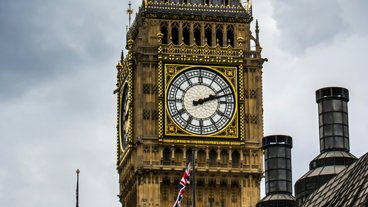


-m.jpg)






 Amber Neely
Amber Neely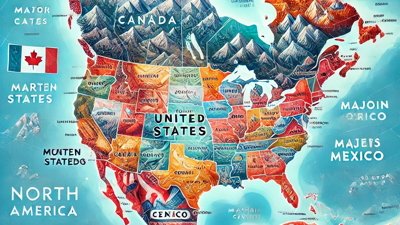
 Wesley Hilliard
Wesley Hilliard
 Marko Zivkovic
Marko Zivkovic
 Andrew Orr
Andrew Orr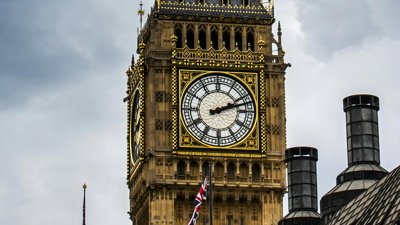
 Malcolm Owen
Malcolm Owen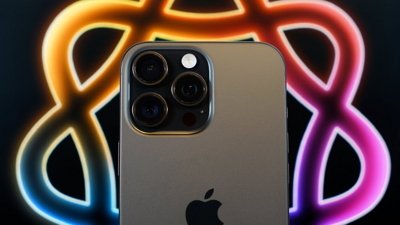

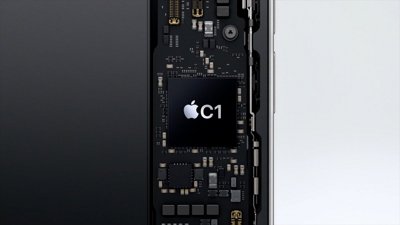
 Andrew O'Hara
Andrew O'Hara






23 Comments
[quote]%u201CAmazon could have negotiated a better deal,%u201D Cue said. %u201CThey had a lot more power.%u201D[/quote] OK, this has always seemed to me to be the key to the case. I can't for the life of me understand how Apple, with NO presence in the market, was seemingly able to completely steamroll Amazon, who had near total domination of the market. That argument doesn't make sense. Amazon was, presumably, in a position of power given their sales domination. Apple had *potential* surely. But that's not the same as an already established power in a market. It has seemed to me since the beginning that what really happened is that Amazon was caught off-guard and blew it, and now they want the court to fix it for them. Sorry, that's weak.
Of course that's what's going on here. This is (and always has been) the root nature of all anti-trust legislation and court pursuits: Less successful competitors lobbying the government to "right" some "wrong" because they failed to compete well.
As a somewhat humorous side note, during the proceedings on Monday, Apple's lawyers used a MacBook, and presumably Keynote, to present its side of the argument. While the defense could easily switch between slides and perform advanced side-by-side and zoom functions, the DOJ could only show one slide at a time, with one video's audio completely failing.
When presiding Judge Denise Cote asked whether the government lawyers were using a Mac, they replied "no," it was a Hewlett-Packard.
Emphasis added... HAHAHAHA
That argument doesn't make sense. Amazon was, presumably, in a position of power given their sales domination. Apple had *potential* surely. But that's not the same as an already established power in a market.
It has seemed to me since the beginning that what really happened is that Amazon was caught off-guard and blew it, and now they want the court to fix it for them. Sorry, that's weak.
You pretty much nail the essence of why it is hard to understand why the government is pursuing this case. Look at the government case involving collusion with display manufacturers. There companies like Samsung, Sharp and LG all got together and made a pact on what they would charge companies like Apple for displays. That is collusion because those three companies are competitors all competing for Apple's business.
This is completely different. Apple does not compete with the publishers. Moreover, it was the publishers and retailors like Barnes and Noble wanting Agency pricing. The publishers essentially used Apple to gain leverage against Amazon. Apple, however, was not included in any pact. It wanted to sell books, get 30 percent, and not be undercut by Amazon on new releases. It did not control the pricing at all. The publishers charged what they wanted.
Moreover, as you state, Apple had no market power to force the
As we found out last week, when Amazon faced competition, they called their friends in washington, and this is the result. We need to get rid of the whole concept of "anti-trust" legislation--because literally, they call anything that competes effectively "anti-competitive". Amazon was "dumping" books below cost to gain marketshare. Since they're buddy buddy with team obama that's ok... but when japan does it to RAM that's a problem. See the contradiction? Plus, consumers are not harmed by getting something below price. Otherwise we need to stop grocery stores from selling coke below price as a loss leader. Apple's deal give them the same price the item is sold for elsewhere. This isn't "raising prices" this is letting Apple sell for the lowest price. How is that bad for consumers? That this made it to a courtroom just shows how corrupt the DoJ is. Hopefully the judge will throw it out when the offense rests.